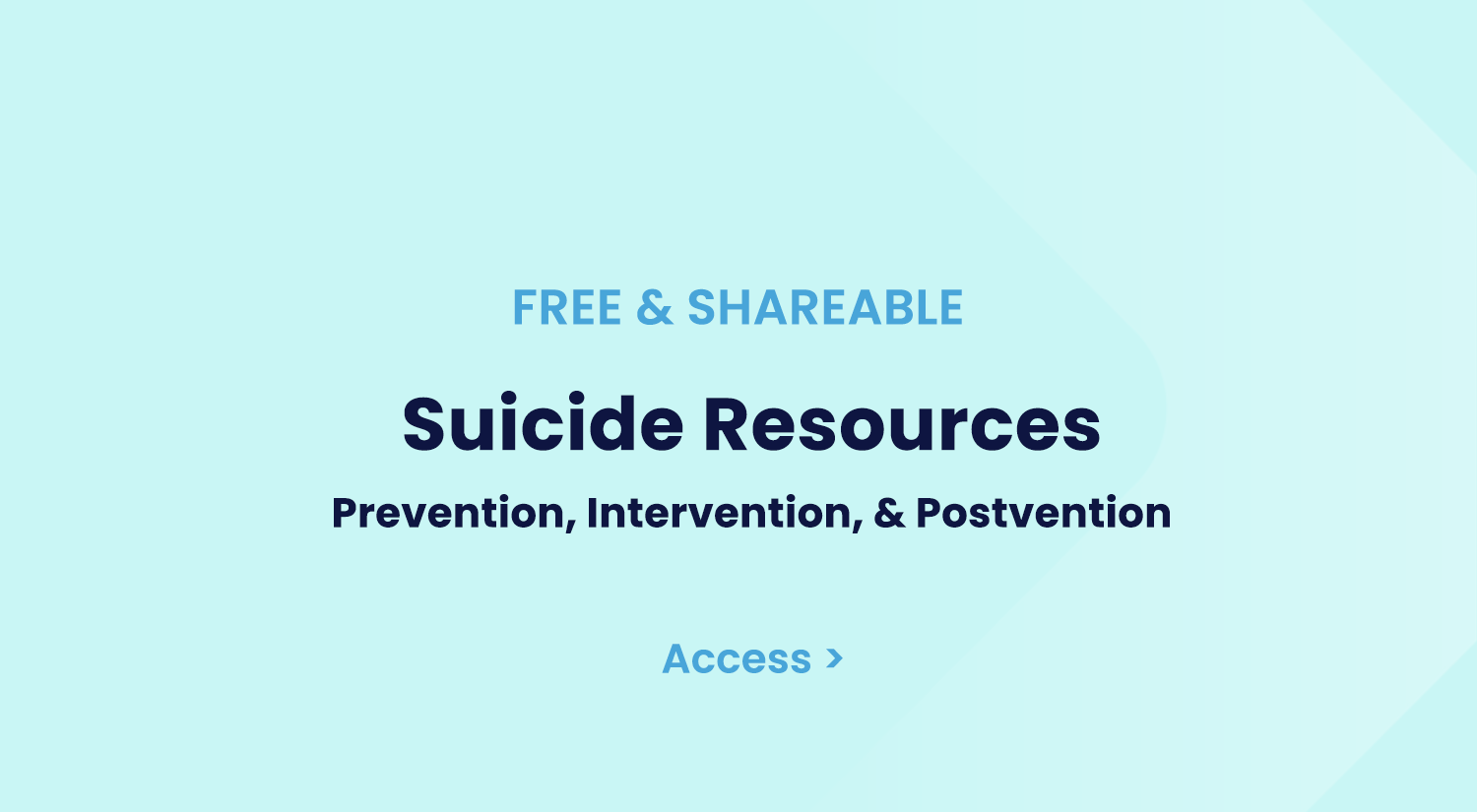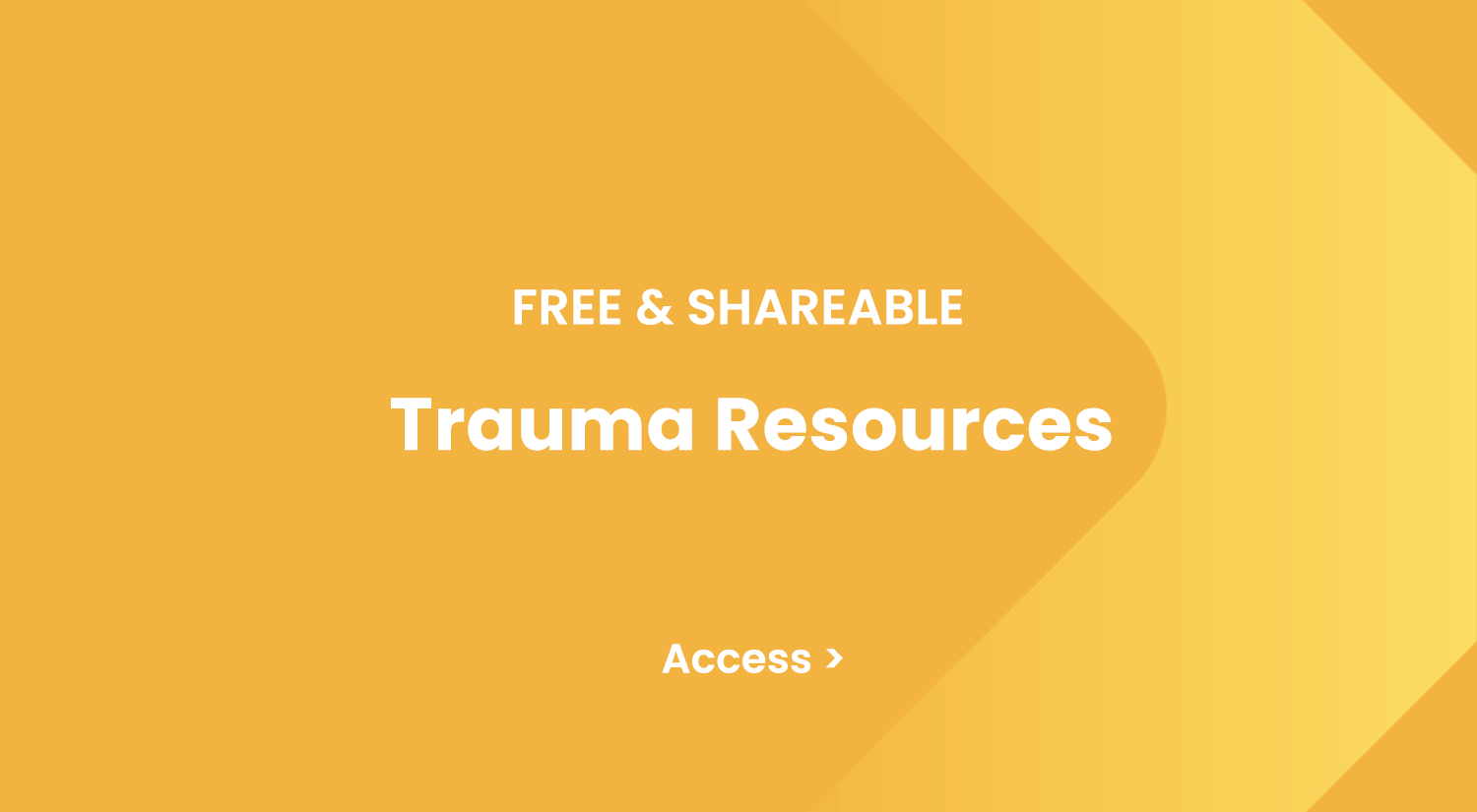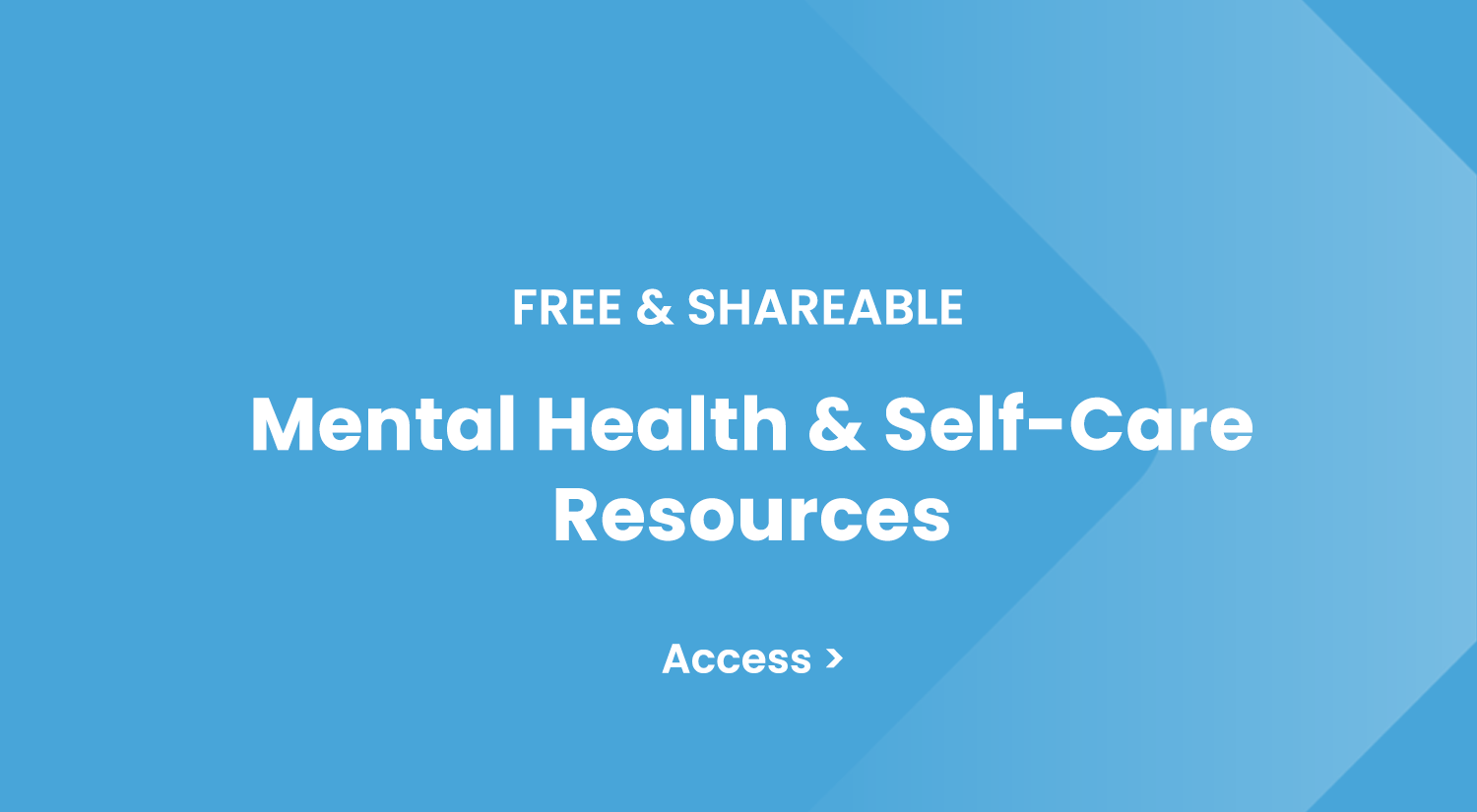Welcome to the
Behavioral Health Beat
The BH Beat is MindWise's free digital resource library. You'll find a wealth of videos and informational PDFs that you can share, post online, and use to support yourself, students, co-workers, parents and caregivers, and communities.
Click on the links in the main menu below to access resources by topic or by audience.








